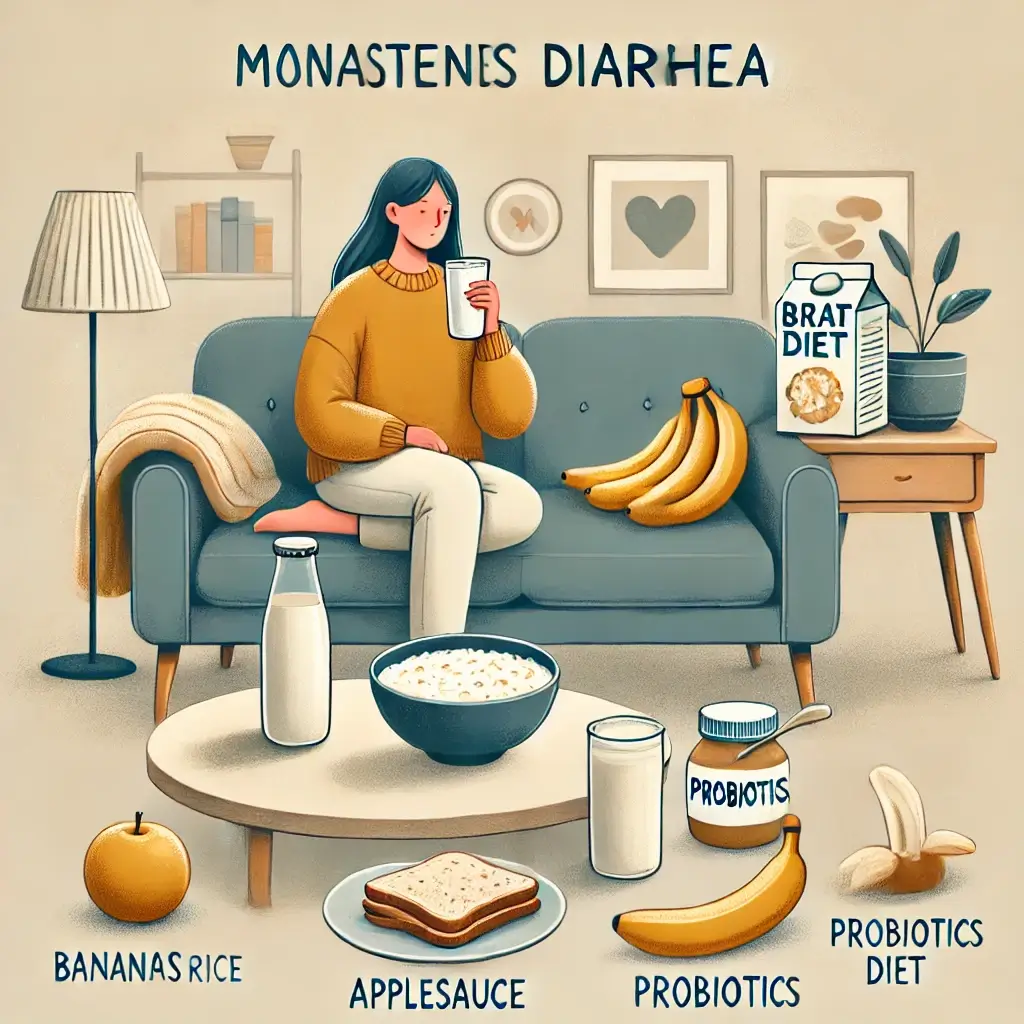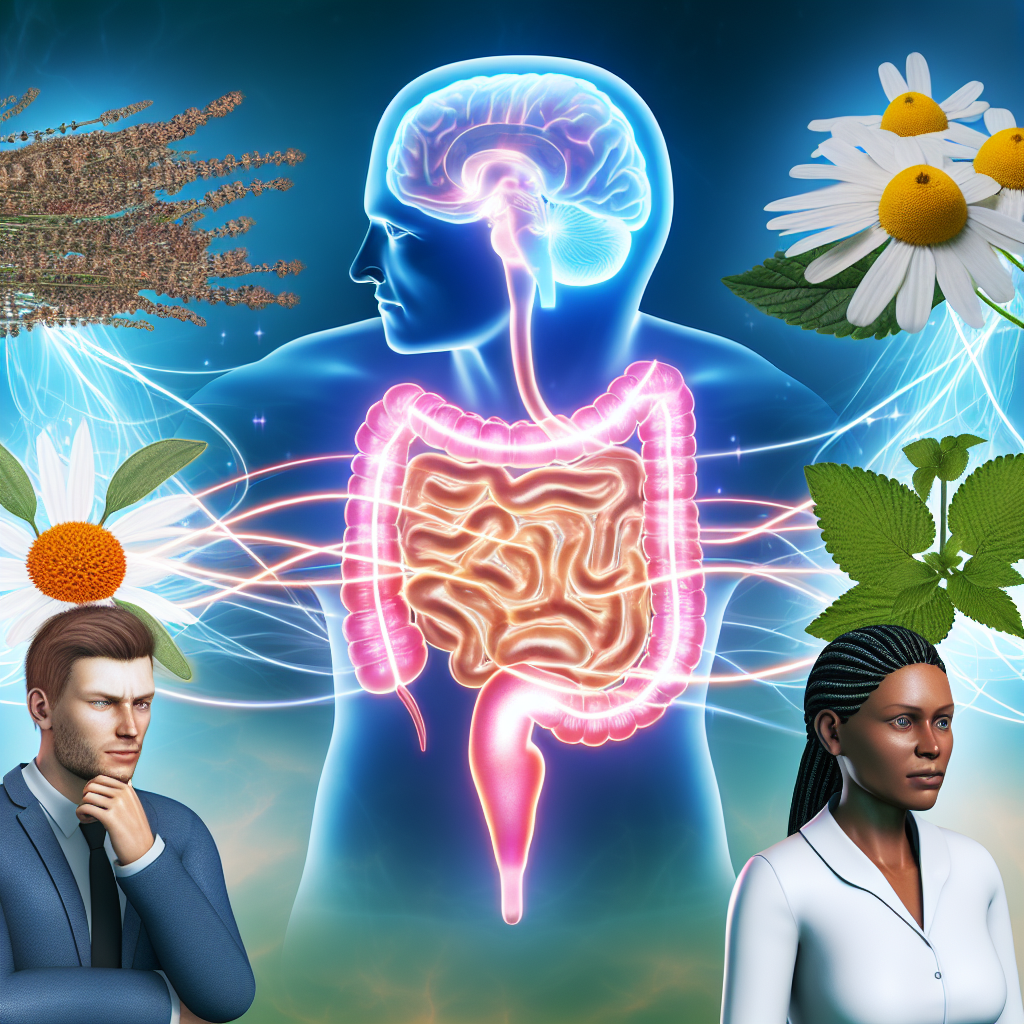Understanding Diarrhea’s Impact on Daily Life
Diarrhea isn’t just uncomfortable—it’s disruptive. When your digestive system speeds up, it can throw your entire day off track. Whether caused by something you ate, a stressful situation, or a random bug, diarrhea is a common problem that most people face occasionally. While it typically clears up in a few days, understanding how to manage it effectively can make a big difference in how quickly you recover.
The Body’s Natural Response
At its core, diarrhea is your body’s way of getting rid of something it doesn’t like. This can be food, bacteria, or even stress. Although it’s inconvenient, occasional diarrhea is rarely dangerous. However, staying hydrated and knowing when to seek medical attention are critical steps to ensure you don’t end up feeling worse.
Guide Overview
This guide will walk you through practical research-backed strategies for managing occasional diarrhea, helping you feel better and get back to your routine.
Key Management Strategies
When you have diarrhea, your body loses fluids and electrolytes faster than usual. This can leave you feeling weak or dizzy. Rehydration is the first and most important step in managing diarrhea. A meta-analysis in the Cochrane Database of Systematic Reviews (2016) showed that oral rehydration therapy (ORT) is highly effective in preventing dehydration. ORT solutions, which combine water, salt, and sugar, are easy to find in stores or make at home. Even if you’re sticking to plain water, add a pinch of salt and sugar for extra replenishment. Avoid sugary sodas, caffeine, and alcohol—they can make symptoms worse.
Dietary Approaches
When your stomach is upset, the last thing you want to do is eat something that could make it worse. The BRAT diet—bananas, rice, applesauce, and toast is a safe go-to. These bland foods are easy to digest and can help firm up your stools. However, a 2017 study in Pediatrics International pointed out that while the BRAT diet works well in the short term, it doesn’t provide all the nutrients your body needs. Balance it with other simple foods like plain boiled potatoes, crackers, or lean proteins as you start feeling better.
Understanding Food Triggers
Certain foods can make diarrhea worse or even cause it in the first place. For many people, spicy foods, high-fat meals, and artificial sweeteners are common triggers. If you frequently experience diarrhea, try keeping a food diary to identify patterns. Studies, like one published in the American Journal of Clinical Nutrition (2020), have shown that dietary adjustments can significantly reduce digestive discomfort over time.
The Power of Probiotics
Probiotics are live bacteria that support a healthy gut environment. They can be particularly helpful when diarrhea is caused by an infection or antibiotics. A 2017 meta-analysis in The American Journal of Gastroenterology found that probiotics, particularly strains like Lactobacillus rhamnosus GG, can reduce the duration and severity of diarrhea. If you don’t already take probiotics, consider foods like yogurt with live cultures, kimchi, or fermented drinks like kefir. Supplements are also an option, but consult a doctor to ensure you’re choosing the right strain for your needs.
Medication Options
Sometimes, you just want to stop diarrhea in its tracks—especially if you have somewhere to be. Medications like loperamide (Imodium) can help slow down bowel movements, providing quick relief. However, as noted in a 2021 review in the Journal of Clinical Pharmacy and Therapeutics, these medications should only be used for a few days and never if you have a fever or blood in your stool. These symptoms could indicate a more serious issue, like an infection.
Medical Attention Guidelines
Occasional diarrhea usually resolves on its own, but there are times when it’s best to seek medical help:
- Symptoms last longer than three days.
- You notice blood or mucus in your stool.
- Severe dehydration symptoms, like dizziness or very dark urine, set in.
- You’ve recently traveled abroad or suspect food poisoning.
Guidelines from the American Gastroenterological Association (AGA, 2023) recommend consulting a healthcare provider for persistent or severe symptoms. Stool tests can identify infections or other underlying causes.
Mind-Gut Connection
Did you know your gut and brain are closely connected? Stress can often trigger diarrhea, especially in people with irritable bowel syndrome (IBS). A study in Clinical Gastroenterology and Hepatology (2020) emphasized how stress management techniques like mindfulness, yoga, or even regular exercise can reduce diarrhea episodes tied to anxiety.
Managing Diarrhea Effectively
While occasional diarrhea can be frustrating, managing it doesn’t have to be complicated. Start with hydration—reach for water or ORT solutions to replace lost fluids. Stick to gentle foods like those in the BRAT diet and avoid known triggers. Consider probiotics to support your gut, and don’t hesitate to use over-the-counter remedies for short-term relief. Most importantly, listen to your body and seek professional help if symptoms persist or worsen.
Proactive Management
By taking proactive steps and understanding how your gut responds to certain triggers, you can bounce back quickly from occasional diarrhea and avoid unnecessary discomfort.
Research Sources
References
- Guandalini, S., et al. (2016). Efficacy of oral rehydration solutions for treating acute watery diarrhea: A systematic review and meta-analysis. Cochrane Database of Systematic Reviews, (4). Link
- Guarner, F., et al. (2017). Probiotics for the treatment of acute infectious diarrhea. The American Journal of Gastroenterology, 112(2), 201–225. Link
- Camilleri, M., et al. (2020). Stress and gut-brain axis disorders: Emerging understanding in clinical practice. Clinical Gastroenterology and Hepatology, 18(5), 996–1005.
- Hall, C. E., et al. (2021). Antimotility agents for diarrhea management: Guidelines and safety. Journal of Clinical Pharmacy and Therapeutics, 46(3), 487–496.
- Spencer, J., et al. (2022). Antibiotic stewardship for bacterial diarrhea: A systematic approach. The Lancet Infectious Diseases, 22(8), 1023–1031.
- Rao, S., et al. (2020). Diet and its influence on diarrhea management. American Journal of Clinical Nutrition, 111(1), 93–102.

Dominic E. is a passionate filmmaker navigating the exciting intersection of art and science. By day, he delves into the complexities of the human body as a full-time medical writer, meticulously translating intricate medical concepts into accessible and engaging narratives. By night, he explores the boundless realm of cinematic storytelling, crafting narratives that evoke emotion and challenge perspectives.
Film Student and Full-time Medical Writer for ContentVendor.com




